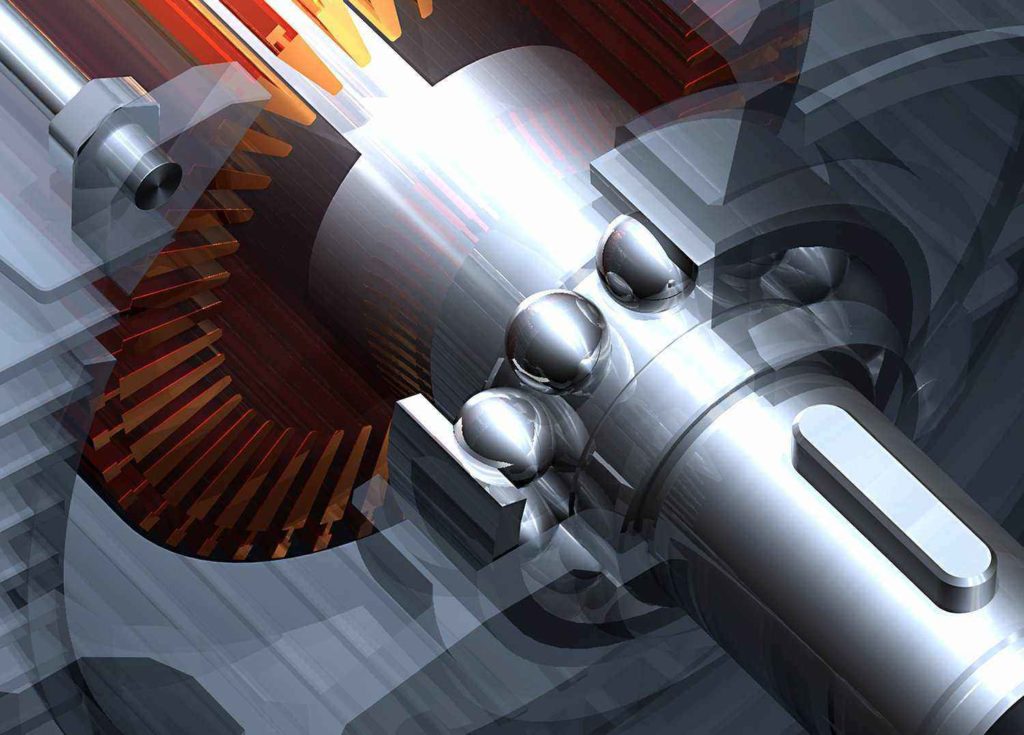Rolling element bearings appear in a huge range of applications, and are among the most common equipment parts which require lubrication. They can range in size from a few millimetres to meters in diameter, and have load carrying capacity ranging from tens of grams through to thousands of tonnes. There are a number of issues that can cause bearing failures, many of which are lubricant or lubrication related.
The film of lubricant between the surfaces within a rolling element bearing is incredibly thin, and the contact areas are very small. Any contamination at these load bearing areas will cause increased wear, potentially leading to a failure. Contamination can be from a solid source, for example dirt or wear particles, or from moisture. Regular oil condition monitoring can help to identify contaminants in your lubricants, giving you the opportunity to take action before a failure occurs.
Small vibrations across the rolling bearing can eventually push out the lubricant and cause wear. Vibration analysis is an important diagnostic tool to identify a range of faults and problems before they cause failures. If regular vibration analysis is not something that currently features on your preventative maintenance plan, we can advise you on how to incorporate this into your routine.
Selecting the right lubricant is key to maintaining smooth operation of your bearings. The viscosity and any additives should be selected based on the bearing type, speed and the operating conditions. If the wrong lubricant is used, it may become stressed, most likely resulting in premature wear. It is also important to ensure that the right amount of lubricant is applied to the bearing. Under or over lubricating your rolling bearings can lead to issues. In grease lubricated bearings, we often see excessive amounts of grease being applied, but this causes greater work for the machine to push the bearing elements through the lubricant.
The operating conditions can have a significant impact on performance. Temperature is a major concern and hot conditions can lead to oxidation, thermal degradation, viscosity changes and additive depletion of the lubricant. Thermal monitoring can help to identify areas operating at high temperatures. Once identified, an appropriate lubricant can be selected which will perform consistently under the conditions.
If you are having problems with bearing failures, our expert team of engineers can support you with monitoring, identifying and resolving problems with your equipment. Get in touch with us to see how we can help.



